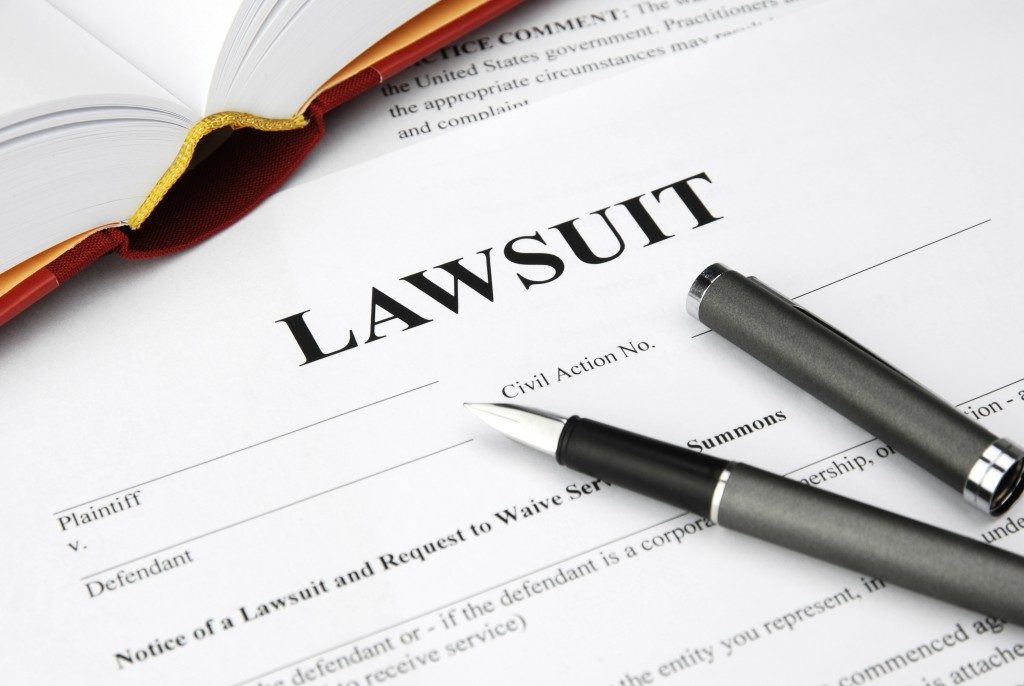Are you an employee or consumer who feels unfair treatment or injustice? If you think you’re not alone in this perception, you can consider filing a class-action lawsuit. This type of lawsuit can be both overwhelming and frightening, however. You can better prepare for it with these facts:
1. How Many People Should Be in a Class-action Lawsuit?
The law doesn’t state a specific number, but for the court to certify the class, it needs to be a few dozen. It’s not unusual to hear such a lawsuit to have 30 or more members.
The members can be different from the plaintiffs, although all are part of the lawsuit. The plaintiff acts on behalf of the class. Members of the class can remain off the public record.
2. When Can You File a Class-action Lawsuit?
One can file a class-action lawsuit as long as it meets the requirements. These can vary from state to state, but the common ones are:
- All must have a valid and similar claim. For example, all members of the class must experience the same side effects of the drugs.
- The class must protect the interests of all.
- They are looking forward to the same outcome, which can be monetary damages or something else.
Class-action lawsuits are complex. Anyone thinking of doing it can consider Fleeson Gooing for corporate litigation in Kansas.
3. Is a Class-action Lawsuit Criminal?
It always begins as a civil suit, in which members receive compensation or another form of restitution. This can be a change in the conduct of the business. However, it’s also not uncommon for these types of lawsuits to become criminal. If they prosper and succeed, the defendants can face time in prison. The court can also award more damages to the members of the class.

4. How Long Does a Class-action Lawsuit Take?
This can take years. Take, for example, this class-action litigation against Xerox Corporation. The plaintiff filed it on December 9, 1999. The date of the last stage was only on May 24, 2013.
Many factors affect the length of the lawsuit. One of these is the size of the class. It’s either more people plan to join the suit, or it needs more claimants to become a class action.
Second is the nature of the defendant. Usually, class-action lawsuits involve corporations or large companies. These businesses also have their string of attorneys, who will fight the suit at all costs.
The third is the appeal process. While the plaintiff might win the case, the defendant has the option to appeal not only the compensation but the result of the suit.
5. How Much Will the Members Receive?
Class-action lawsuits can mean millions’ worth of compensations. One of the biggest was that of Enron. The plaintiffs, which included the University of California Public Pension Fund received more than $7 billion in a settlement.
Note, though, that all members will have a share of the compensation. In some cases, it’s equal. In others, those who have more active participation can receive a more significant share.
Class-action lawsuits need a strong will, focus, and fantastic team to win. With the right lawyers, though, the journey will be less tedious and scary.

